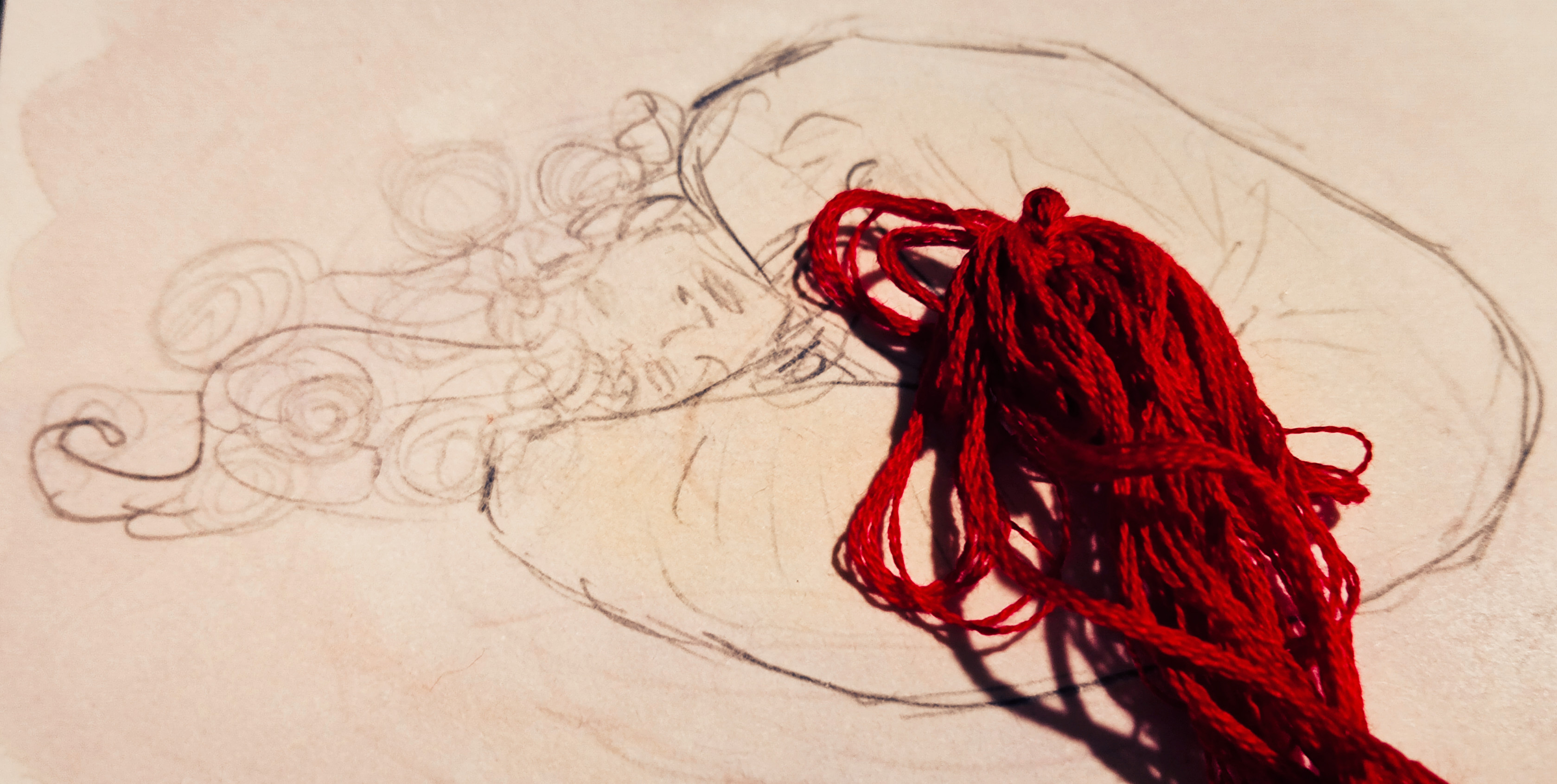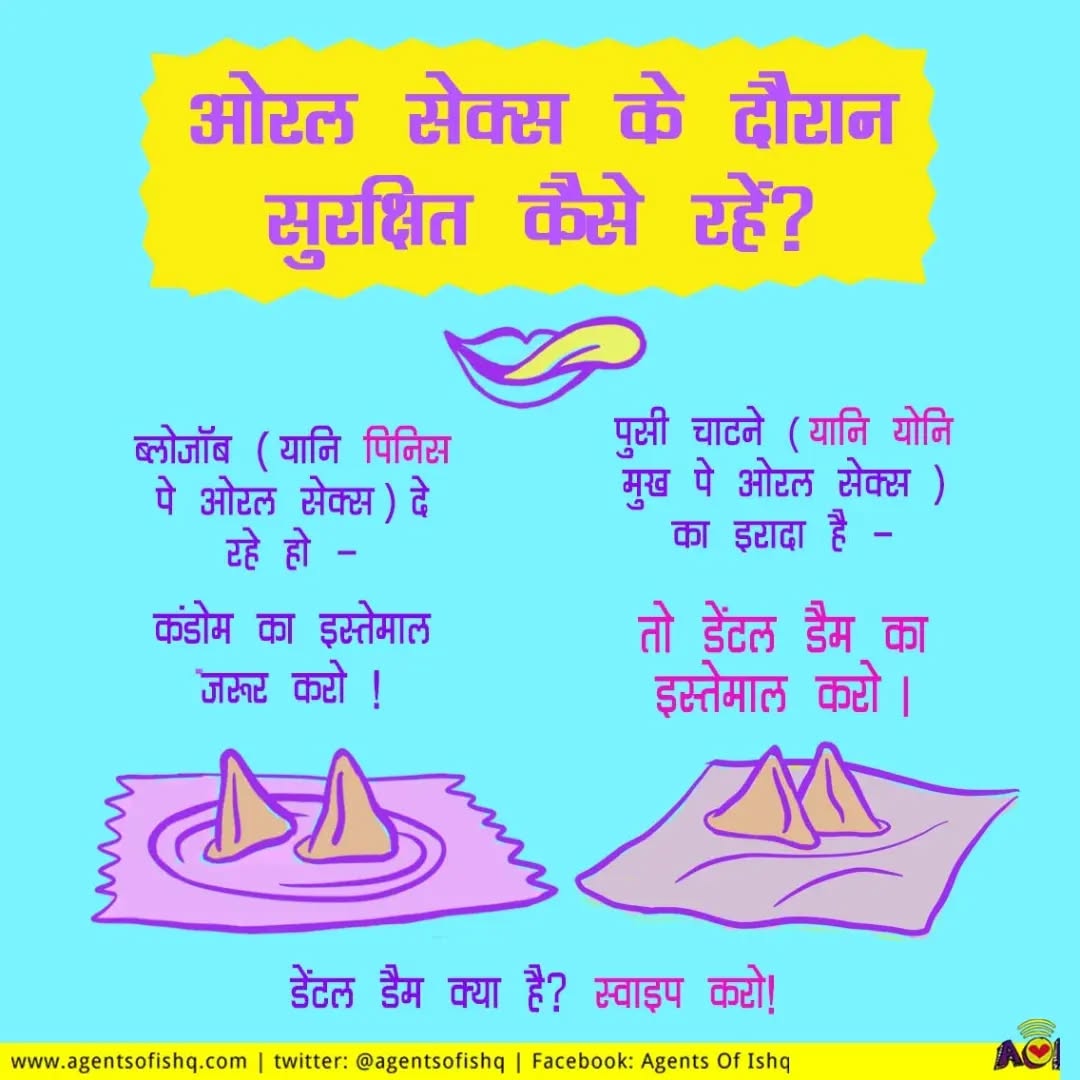Time for a new Sexy Saturday Songs playlist! Everyone has their own definition of what is straight-up in-your-face sexy, but sometimes it is the currents that swirl beneath something that can be much more alluring. Mainstream Indian cinema is so frequently heteronormative, parochial and predictable, that it’s a wonder why people on the margins, like queers for instance, might embrace it so whole-heartedly and cast what they see in their own likeness. It’s a world in which you are constantly invisibilised or disfigured, yet, scratching the surface reveals disarming insights and meanings. This edition of ‘Sexy Saturday Songs’ is devoted to the subtext that is always waiting to be discovered (or even manufactured by an overactive imagination). The lens with which queer people might look at the world is not a reductive gaze. On the contrary, finding queerness everywhere is a matter of perspective, and adds a wonderful new dimension to the objet d’art. Chand Matala Matala (Umbartha ,1982) – Lata Mangeshkar In Jabbar Patel’s Umbartha, two inmates in a remand home for women are drawn into a clandestine affair. Just a few point-of-view shots and ambiguous expressions establish their intimacy in this lovely Lata folk-style melody (which incidentally goes missing in the Hindi version, Subah). Later they are found out by other inmates, there is some ostracism at the home, with burning hot dal thrown on one of them, and the editor of a local Marathi newspaper publishes a defamatory article about these ‘lesbians’. Smita Patil’s character takes up cudgels for them, but describes their condition as pathological. The song, with its stray glances and stolen moments, remains the only short-lived expression of love that the women are allowed. Thillandongri Dabpanguttu (Thillana Mohanambal, 1968) – L R EaswariThe gender-bending poster at the entrance is worth the price of admission. Manorama plays Jil Jil Ramamani, an androgynous former Devadasi prone to cartwheels and comic verse in this delightful number from a 1968 Tamil classic. The refrain can be translated as “Jil Jil rap dancer! I will sing and dance for the rap song. I’ll climb the hill and jump into the sea. After getting into the sea I will break the boat. After breaking it I will get the palace.” Although playing the so-called ‘asexual’ comedienne, Jil Jil runs away with her scenes in the film. Manorama was hesitant to play a character that might typecast her, but ultimately it was a career-changing turn that led to one of the longest innings for an actress in Tamil cinema. Aaja Zara Mere Dil Ke Sahare (Fire, 1996) – Hemant Kumar, Geeta DuttNo trace of the original film, Ek Jhalak (1957), survives. The song’s claim to fame is now a small sequence in the Deepa Mehta film from 1996. The illicit affair between two sisters-in-law is fraught with guilt and self-loathing, but there is also mirth and exuberance, when Sita (Nandita Das) cross-dresses and lip-syncs to the Hemant Kumar number while Radha (Shabana Azmi) plays the demure ingénue. As the camera pans away, the disgusted expressions on the faces of the house servant and the invalid mother says it all. These women, conditioned to traditional notions of home and hearth, can now feel the shackles of repression slip away through the forbidden pleasure of their love for each other. The song itself is a rip-off of Pérez Prado’s Cherry Pink and Apple Blossom White (which sounds suitably sapphic). Khwaab Ban Kar Koi Aayega (Razia Sultan, 1983) – Lata MangeshkarIn Kamal Amrohi’s Razia Sultan, Parveen Babi coos a lilting Lata lullaby in soft rushed tones, trying to soothe her empress Razia’s nerves, with a lot of hand-holding and feathers a-swaying, in what appears to be a luxurious unmoored boat. It’s a scene that evokes the breath-taking eroticism of the famous feather scene from K Asif’s Mughal-e-Azam. Most interesting are the two female attendants — one of whom is initially taken aback, smothering her giggles as she looks on longingly at the implied love-making, while the other asks her to hold her tongue if she wants to keep her head. Of course, Hema Malini is shown as pining for her paramour Jamal-ud-Din Yaqut (Dharmendra in blackface), a rare moment of bisexual visibility. Inhi Logon Ne (Pakeezah, 1972) – Lata Mangeshkar‘Inhi Logon Ne’ is the mujra from Pakeezah, a film that’s iconic for gay men. Fourteen years in the making, Pakeezah reflects the despondence of tragedienne par excellence Meena Kumari’s own life. The actress lends astonishing verisimilitude to the character of Sahib Jaan, the courtesan in the proverbial gilded cage, at once a young effervescent girl with the right amount of lachak in her stride, and a crushed woman with fragile porcelain-like features provided a specious virginal glow by Lata Mangeshkar’s monumental vocals. Gay men of a certain generation have long been cast as self-flagellating victims in the Meena Kumari mould, but they have also appropriated as their own the magnificent mujra set-pieces from this film, including the pulsating ‘Thare Rahiyo’. Dhan Te Naan (Kaminey, 2009) – Sukhwinder SinghWhen Charlie (Shahid Kapur) chances upon his big ticket – a stash of high-grade cocaine – and breaks the news to Mikhail (Chandan Roy Sanyal), then, after a skirmish involving fists and shoves, they wrestle in more than genial fashion on the floor, Mikhail on a high from the snorting, transgressing Charlie’s physical space. Charlie seems awkward and guiltily aware of the intimacy but doesn’t pull away, as he revels in consorting with the person he considers his significant other, even though he’d probably never articulate it as such, even to himself. This leads to the film’s only big production number Dhan te Naan, where we are spared pole-dancing item girls and costume changes, but are instead treated to a celebration of male bonding, of chummy respect placed on some kind of pedestal. It’s a classier version of the sappy buddy songs we are otherwise accustomed to. Aaj Rang Hai – Nusrat Fateh Ali KhanThere are many versions of ‘Aaj Rang Hai’ in Hindi film (Junoon and Maqbool come to mind), but they seem very sanitised when compared to the sheer sensuousness of Nusrat Fateh Ali Khan’s rendition of the Amir Khusrau qawwali, one live version of which extended to more than twenty minutes. Khusrau’s likening himself to a feminine entity enraptured by his pir Nizamuddin Aulia (the eternal Beloved) is an expression of the spiritual connection he feels. But the metaphors can very easily be extended to the lives of ordinary lovers whose ardour might indeed touch similarly dizzying heights. Love, some might argue, whether expressed with body or soul, is a spiritual experience in itself. Dancing Queen (1976) – ABBAEven as I write this, the Salma Agha cover of the song, ‘Meetha Mazedar’, from the delightfully titled ‘Agha ABBA’ album has lodged itself in my mind. Although it was a childhood fixture, it was only when I attended a concert of the London Gay Men’s Chorus, that I realised this was our anthem. It had me at “You can dance…” The realisation that some aspects of queerness, irrespective of cultural backgrounds, can be utterly universal was life-changing. No other ABBA song appeared to carry this resonance. And how easily the word ‘queen’ could became an alter-ego belied the forces of hyper-masculine conditioning that queer men go through.Hum Tumhare Ho Gaye (Sunehre Din, 1949) – Shamshad Begum, Kalyani DasPlacing this here as a red herring. A women-only gathering featuring a sturdy-voiced male impersonator which ends up with all the women paired up and lost in each others’ eyes by the time the evening winds up. Some might say that it’s reading too much into a perfectly innocuous ‘kitty party’ setting, but even the singers seem taken aback by the turn of affairs. Sunehre Din is a 1949 film with Raj Kapoor, Rehana and Nigar Sultana, and features other female duets to draw hidden meanings from. Actually, 1940s black-and-white movies are a minefield of delectable moments that, to our contemporary eyes, seem far ahead of their times. Vikram Phukan is a Mumbai-based theatre practitioner and commentator, and was briefly editor of Bombay Dost magazine.
Finding Queerness Everywhere
Time for a new Sexy Saturday Songs playlist, this time by Vikram Phukan!
By Vikram Phukan
Score:
0/
Related posts
 How To Smell And Taste Good Down There
Partner going down on your buffet? Tips for a yummy garnish!…
How To Smell And Taste Good Down There
Partner going down on your buffet? Tips for a yummy garnish!…
 मैंने खुशी-खुशी अपना दिल उनको दिया, लेकिन उनको चाहिए थे बच्चे और एक देसी बहू
स्थायी बीमारी में डेटि…
मैंने खुशी-खुशी अपना दिल उनको दिया, लेकिन उनको चाहिए थे बच्चे और एक देसी बहू
स्थायी बीमारी में डेटि…
 If Life is Box Full of Chocolate Boys!
#HappyChocolateDay to the men who smile, are vulnerable, and…
If Life is Box Full of Chocolate Boys!
#HappyChocolateDay to the men who smile, are vulnerable, and…
 What is Fellatio? The AOI Sex Glossary
Is it ice-cream ka flavour, like pistachio? Well, it does ha…
What is Fellatio? The AOI Sex Glossary
Is it ice-cream ka flavour, like pistachio? Well, it does ha…
 Sorry Thank You Tata Bye Bye - A Music Video About Age of Marriage In Collaboration With Oxfam India
Sorry Thank You Tata Bye Bye - A Music Video About Age of Marriage In Collaboration With Oxfam India
 Ammuma’s Haircut and Her Romantic Past
If Ammuma's hair was one to divulge, what would it reveal ab…
Ammuma’s Haircut and Her Romantic Past
If Ammuma's hair was one to divulge, what would it reveal ab…
 It Was ‘Twilight’. I Woke Up Bisexual.
How one can stumble upon one's (bi)sexuality with the help o…
It Was ‘Twilight’. I Woke Up Bisexual.
How one can stumble upon one's (bi)sexuality with the help o…
 To All the Boys I Couldn't Love Before
What fleeting connections with many interesting men tell you…
To All the Boys I Couldn't Love Before
What fleeting connections with many interesting men tell you…
 Tell Me Tarot, Will He Ever Come Back?
After Manjari is ghosted, all search for closure leads to he…
Tell Me Tarot, Will He Ever Come Back?
After Manjari is ghosted, all search for closure leads to he…
 How My Girlfriend's Abortion Made Me A Better Man: A Comic
M's story about a life-changing incident.
How My Girlfriend's Abortion Made Me A Better Man: A Comic
M's story about a life-changing incident.
 Do You Know How to Give Women Orgasms?
This app will teach you how and we got some Agents to try it…
Do You Know How to Give Women Orgasms?
This app will teach you how and we got some Agents to try it…
 The AOI Queer Reading List: Desi Languages Version
Queer readings from non-English Indian languages.
The AOI Queer Reading List: Desi Languages Version
Queer readings from non-English Indian languages.
 What Makes Your Sexual Confidence Go Up and Down
Sexual confidence is like a Snakes and Ladders Game
What Makes Your Sexual Confidence Go Up and Down
Sexual confidence is like a Snakes and Ladders Game
 KISS MEIN KITNA HAI DUM: 19 KISS POEMS
Kisses that go from sweet to saucy, tender to raunchy, misch…
KISS MEIN KITNA HAI DUM: 19 KISS POEMS
Kisses that go from sweet to saucy, tender to raunchy, misch…
 Savita Bhabhi and I: A True Love Story
Here is something you should know about me. I wrote three st…
Savita Bhabhi and I: A True Love Story
Here is something you should know about me. I wrote three st…
 How Posing in the Nude Changed My Life
A young gay man who hates being touched, is awkward about ha…
How Posing in the Nude Changed My Life
A young gay man who hates being touched, is awkward about ha…


















































































































































































































































































































































































































































































































































































































































































































































































































































































































































































































































































































































































































